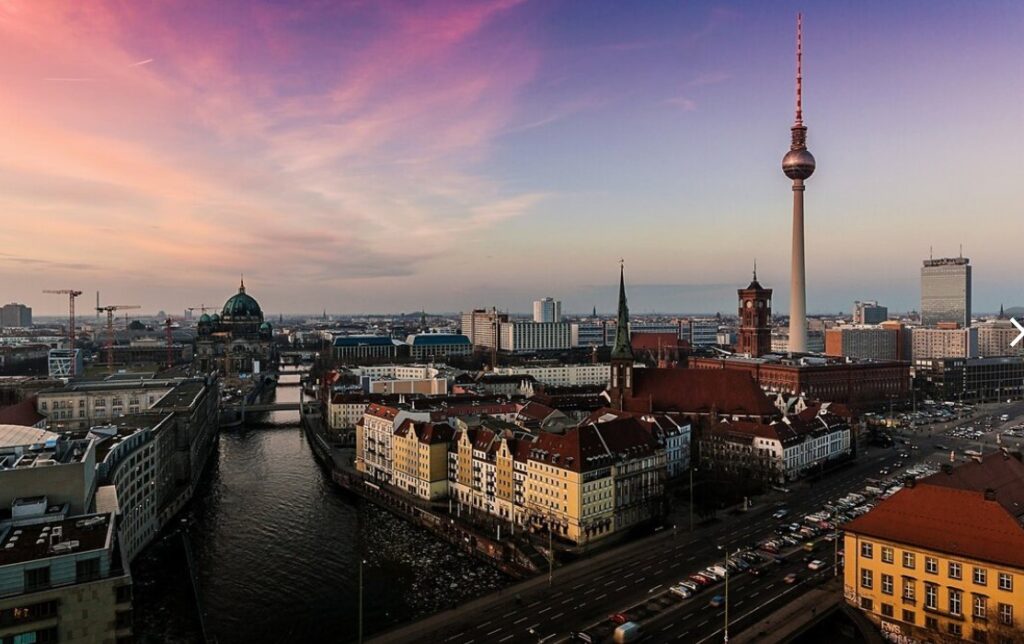
Construction waste is a major environmental issue that needs to be addressed responsibly. In the EU, recycling of excavated soil is required to reach 70 percent. The German government is taking action to meet this ambitious target. In 2018, German construction waste was recycled 90 percent in the country. This initiative is an important step towards addressing the challenges associated with construction waste and its environmental impact.
Source: Abrissarbeiten Berlin
Recycling
Recycling of construction waste is a hot topic in Berlin and across Germany. The construction industry generates an immense amount of waste, ranging from construction materials to demolished infrastructure. This waste constitutes around half of all the country’s total waste. However, there is currently no uniform national standard for this waste. As such, the initiative is expected to be met with mixed reactions. Some raw material industry lobby groups have welcomed the move, while construction industry groups have warned that it will increase costs and complicate waste management.
Recycling of construction waste is a key element in achieving European and German targets for reducing emissions and protecting the environment. Increasing recycling quotas is an important way to reduce the climate impact of the construction sector. In Europe, recycling construction waste also reduces the burden on landfills, especially for road construction.

Landfills
In Berlin, there are more than two dozen landfills for construction waste, which make up 60% of the city’s total waste. These landfills are operated by private and public companies. The waste is separated by type, with plastics, paper and organic materials separated from glass and metal. Batteries, most electronics and medicine are categorized as producer-responsible waste. In the event that these materials cannot be recycled, they can be returned to the manufacturer for disposal.
Landfill regulations were tightened in Germany in July 2005. The reasons behind this were prohibitive costs and immutable ground properties. Some landfills were permitted to remain open until July 2009, but this early closure did not disrupt their waste disposal operations.
Incinerators
In Berlin, the city has implemented a number of strategies to reduce waste production, especially construction and demolition waste, which makes up over 60% of the city’s waste. One of the most important strategies is the use of recycled materials. These materials are reusable and have the same quality as brand-new ones. In addition, the state of Berlin has started to give subsidies to companies that use recycled materials.
In Germany, the construction industry generated 219 million tons of mineral construction waste in 2018. About ninety percent of this material is recycled. This reduces the burden on landfills and conserves primary raw materials. Recycling is particularly high in road construction and demolition. According to the Kreislaufwirtschaft Bau initiative, more than ninety percent of demolition materials are processed locally.

Importing
While construction waste is often imported to New England landfills, there is an alternative for this waste. Companies can use privately owned landfills like the Crossroads Landfill in Norridgewock, Maine. But the state’s environmental regulators have expressed concern about this practice. They have proposed stricter recycling standards for these facilities, and have called on the state agency to change the Casella contract that allows these imports.
In recent years, Casella has accepted large volumes of construction waste from neighboring states. In some years, deliveries have exceeded 200,000 tons. These deliveries will increase to 300,000 tons in 2020, the company predicts. And since recycling is not free, Casella must pay to receive these materials, and then pay independent Maine truckers to haul the material to their Lewiston recycling facility.
For more information: https://turbo-entsorgung.de/

